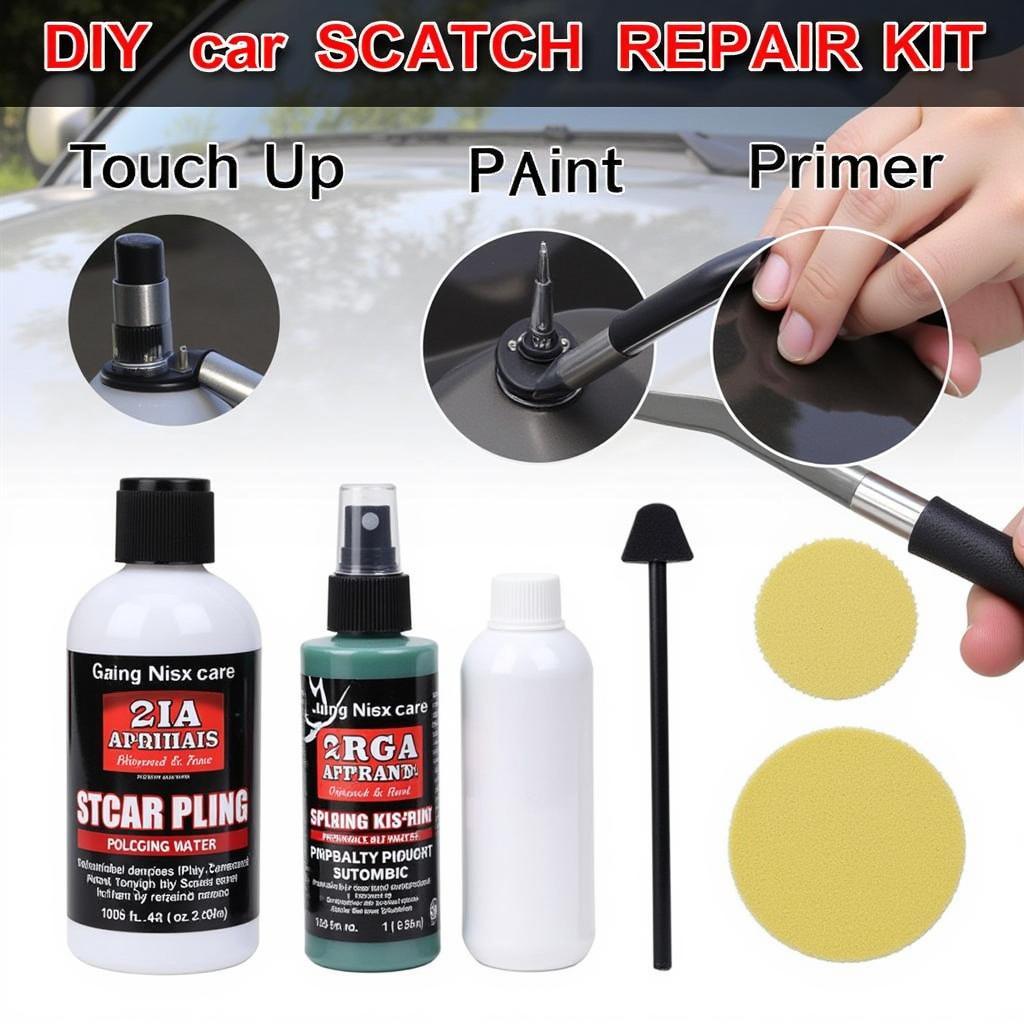Figuring out how much it costs to fix a totaled car can be a real headache. It’s often more complex than a simple repair, involving insurance, salvage titles, and potentially hefty repair bills. In this article, we’ll break down the factors influencing the cost, help you understand what “totaled” actually means, and guide you through the decision-making process.
Understanding What “Totaled” Means
Before diving into costs, let’s clarify what a “totaled” car actually is. It doesn’t necessarily mean the car is crushed into a cube. Instead, an insurance company declares a car totaled when the cost of repairs, plus salvage value, exceeds the car’s actual cash value (ACV). The ACV is the market value of your car before the accident, taking into account factors like mileage, condition, and optional features.
Factors Affecting the Cost to Fix a Totaled Car
Several key factors influence the repair costs of a totaled car:
- Extent of Damage: Obvious, right? A dented fender is cheaper to fix than a mangled frame. The more extensive the damage, the higher the repair costs.
- Make and Model: Repairing a luxury car is generally more expensive than repairing a more common, less expensive vehicle, due to parts availability and labor costs.
- Labor Rates: Mechanic labor rates vary based on location and expertise. A specialized shop might charge more, but they could also have the experience needed for complex repairs.
- Parts Availability: If parts are readily available, the repair process is faster and potentially cheaper. Rare or imported parts can significantly inflate the cost.
- Hidden Damage: Sometimes, the visible damage is just the tip of the iceberg. Internal damage can add significantly to the repair bill and is often discovered only after initial assessments.
Should You Even Fix a Totaled Car?
That’s the million-dollar question (sometimes literally!). Fixing a totaled car is often not financially viable. If the insurance company declares it totaled, they’ve likely crunched the numbers and determined that repairing it exceeds its value.
Even if you manage to repair it, it might carry a salvage title, which decreases its resale value and can make it difficult to insure in the future.
Exploring Your Options
If your car is totaled, you typically have a few options:
- Accept the insurance settlement: This is often the most straightforward option. The insurance company pays you the ACV, and they take ownership of the car.
- Repair the car yourself: If you have the skills and resources, and the damage isn’t too severe, you might consider repairing it yourself. Remember the salvage title implications. For minor repairs like scratches, consider checking out resources like fixing car wash scratches or how to fix road rash on car paint.
- Negotiate with the insurance company: You can sometimes negotiate a higher settlement if you believe the ACV is too low. Provide evidence to support your claim.
 Insurance Settlement Options
Insurance Settlement Options
Sometimes, even seemingly minor accidents can lead to more damage than meets the eye. Knowing how to fix car fender bender damage can save you a lot of hassle and potentially money down the road. You can learn more about how to fix car fender bender damage. If you’re looking for more general car repair tips, check out this resource on basic car fix. Need to find a reputable shop for those surface scratches? Check out this resource on finding an autobody shop for fix car surface scratches by 60565.
Conclusion
Understanding how much it costs to fix a totaled car involves evaluating the extent of damage, your car’s value, and the long-term implications of a salvage title. While sometimes repair is possible, it’s often more practical to accept the insurance settlement and move on. Contact us at AutoTipPro at +1 (641) 206-8880 or visit our office at 500 N St Mary’s St, San Antonio, TX 78205, United States, for assistance with your auto repair needs.






Leave a Reply